Daklakatha Devikavya – Provoking and Contemplative
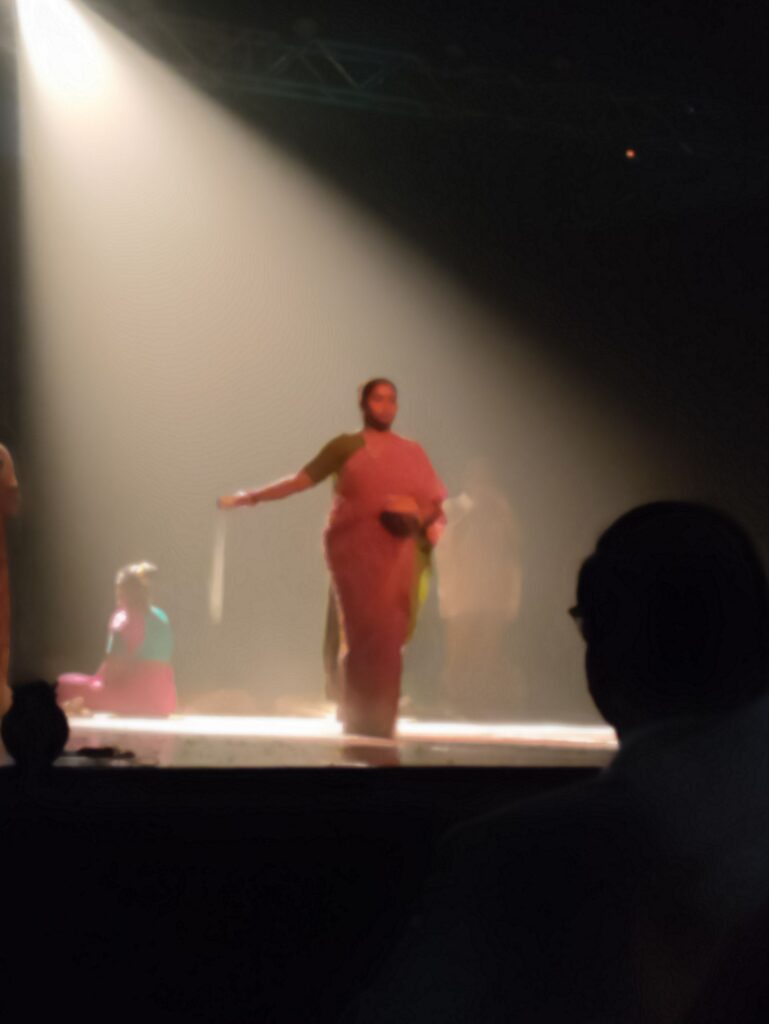
A review by Manohar Khushalani for IIC DIARY
Daklakatha Devikavya is an open ended play performed in an engagingly
informal folk style, evolved from the epic poetry and stories of K.B. Siddaiah’s .
It was Directed by Lakshman K.P. It presents the inner workings and external
experiences of the Daklas — a Dalit community.
Presented by Jangama Collective, Bengaluru with Bindu Raxidi (Dakla Devi,
Kadiramma); Santhosh Dindgur (Dakla, Cheluvaiah)l; Bharath Dingri (K.B.
Siddiah & narrator); Narasimharaju B.K. (Narasappa); and Ramika Chaithra
(Gangavva, Munivenkatamma)
Accompanists who also added tone and tenor to the performance were: Poorvi
Kalyani & Skanda Ghate (vocal); Bharath Dingri (tamate); and Narasimharaju
B.K. (arevadya)
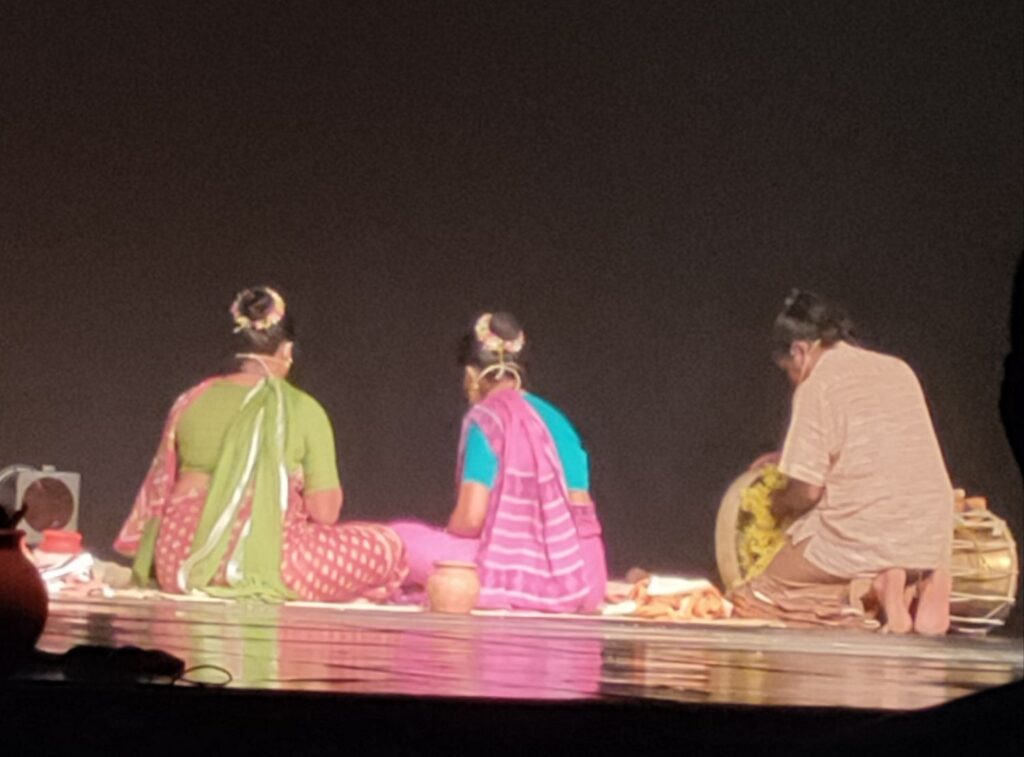
The setting of the play had flower sellers squatting in the background and
rising in turns as actors with robust voices. The traditional Folk device, a half
curtain, known as, Yavanika, was used to introduce the important characters.
The actor would peep over the curtain which was lowered after he started
speaking or singing.
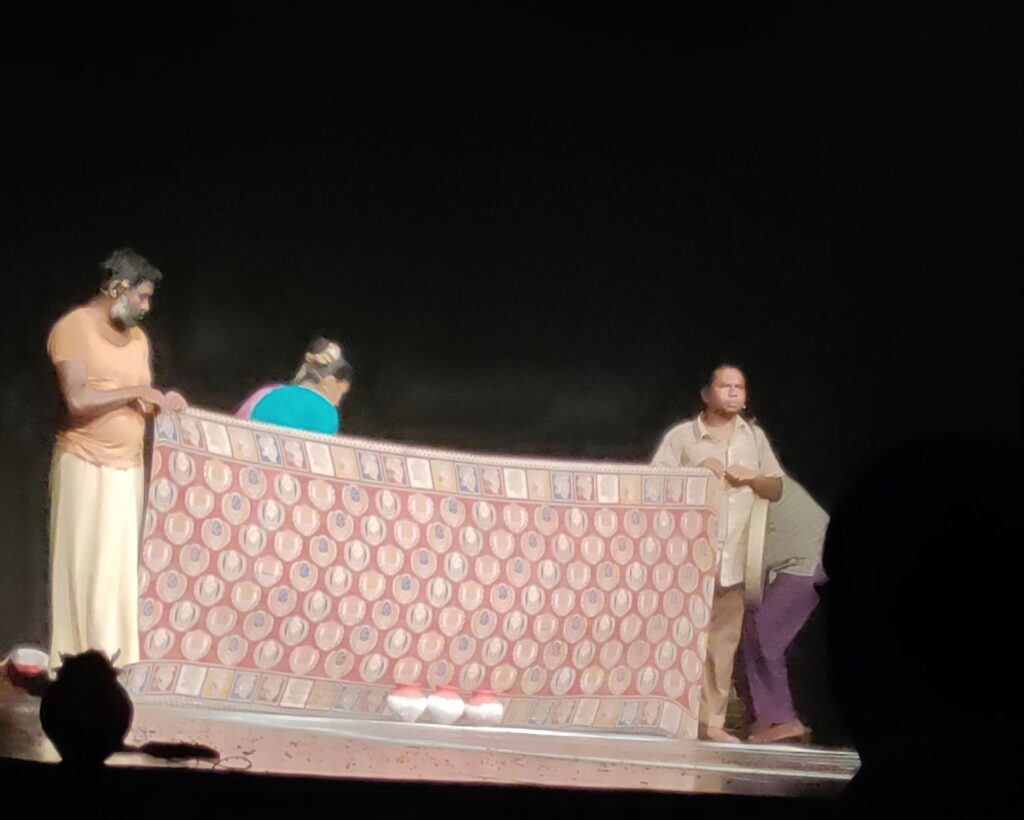
The most important aspect of the performance was that it
retained the spiritual richness of the Dakla community, through its music. Two
of the characters appear on the stage playing tamate (hand drum) and
arevadya (urmi), instruments not seen in contemporary theatre. Daklas are
people who are protected by the untouchables and hence are still lower in the
social hierarchy. But whatever notions people have about Adivasis or Daklas
being a backward community, better revise them forthwith. First of, the
female roles were done by women and not female impersonators. These
women unhesitantly lighted beedis, and were not coy about using cuss words,
which is true to their life. It is also true of contemporary OTT films, which claim
to be more modern and truer to our life.
The author had a strong faith in mysticism as exemplified by his poetry which
was the soul of the performance:
O mother as you rock the world
And rock the child
Bear me again in your womb
Walk this infant from the cave of your vagina
Into the cave of contemplation.
Here in the above context the poet brings out that once the mother bears him
in her womb the stigma of untouchability will not be so strong. One recurring
metaphor that has remained constant is hunger. The poet throws a direct
question to the creator:
O God! Take birth like me
Then
Try to touch and be polluted!
Try to take like me, like me take birth!
Untouchability does not generate self-pity in the play, in fact it is an instrument
of self-awareness and enlightenment. Sheer magic was created in the dark
night by luminous display of improvised spinning fire wheels urns with radiant
charcoal cinders. All elements in the play contributed to an experience of a
magical night to remember.
Watch the entire play on You Tube:
The article as published in IIC Diary (Oct-Nov 2023)
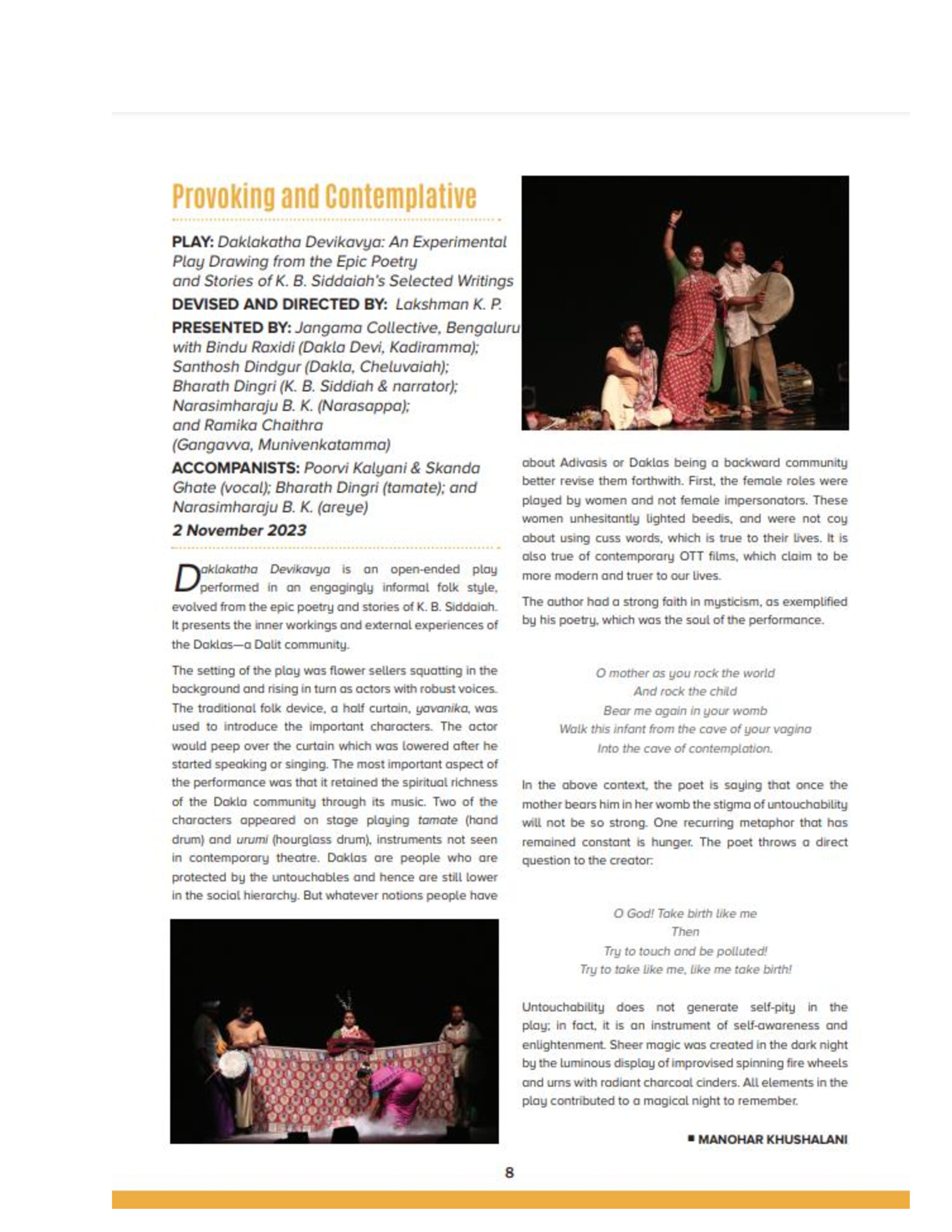



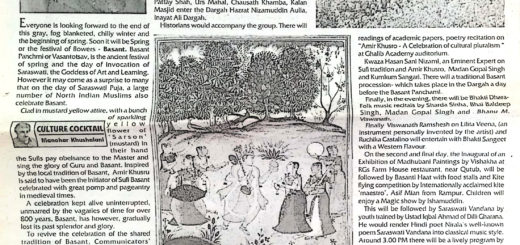
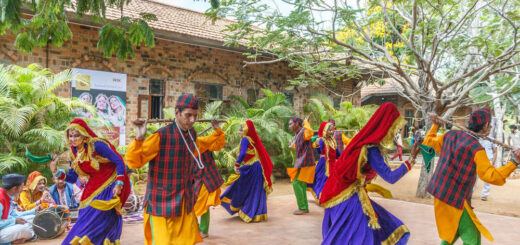
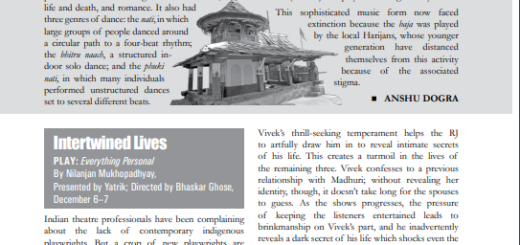




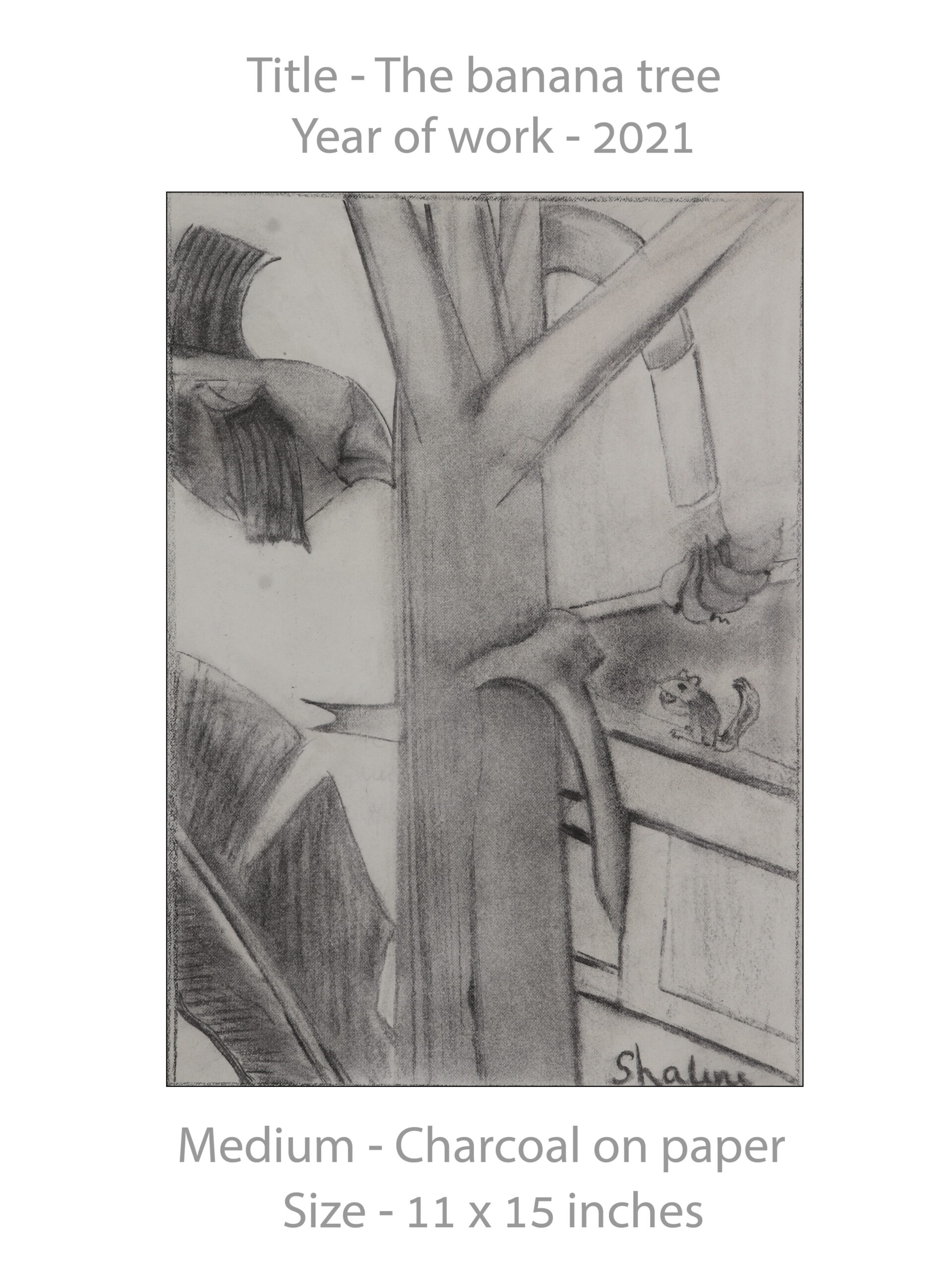
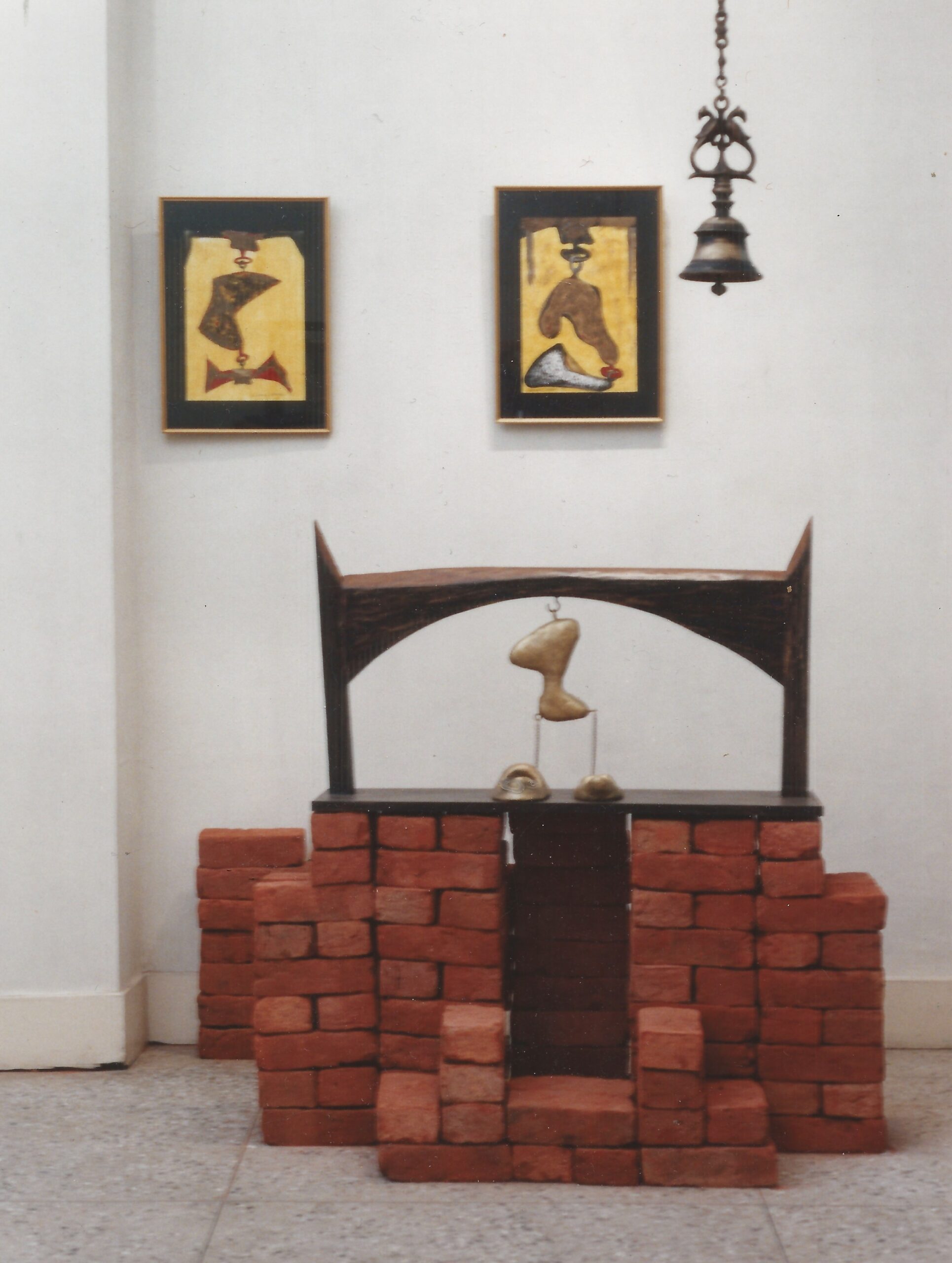
Indian theatre is so rich with so much to expose about our own emotions and issues..keep the lights on…Always